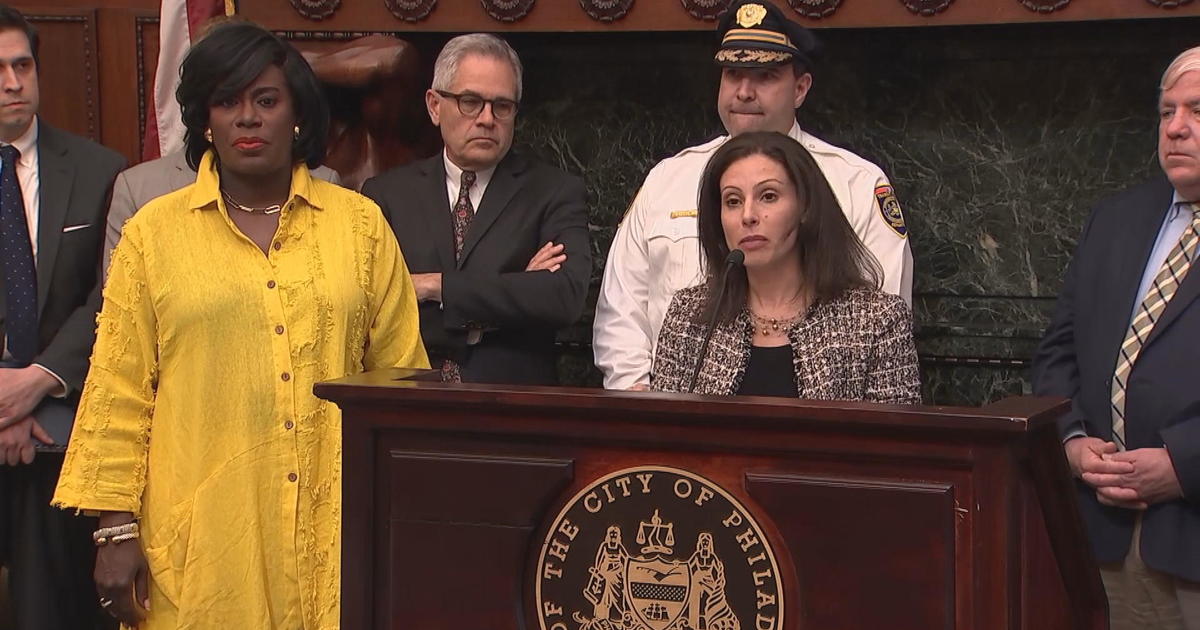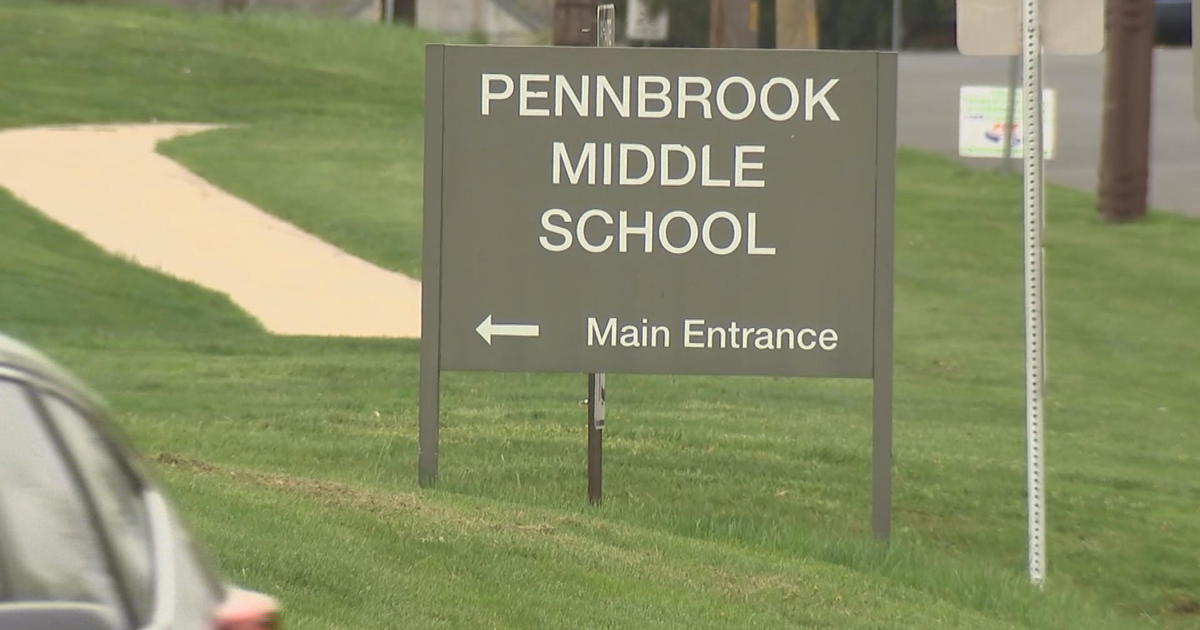Pennsylvania High Court Throws Out Assembly Redistricting
HARRISBURG, Pa. (AP) — A narrowly divided Pennsylvania Supreme Court on Wednesday invalidated a plan to redraw state House and Senate district lines, calling the redistricting approach "contrary to law" and throwing into disarray plans by candidates and parties for this year's General Assembly races.
The two-page order sending the plan back to the Legislative Reapportionment Commission said current district lines will remain until the commission comes up with a new plan that passes legal muster, which could mean changes may not take effect for two years.
"The fact that the court has ... allowed the 2001 plan to stay in effect leads me to believe they think it could take a little bit of time" to work up a new one, said Senate Minority Leader Jay Costa, D-Allegheny, the only member of the five-man commission to vote against it.
Costa said a restarted process could take weeks or months, depending on the details of the majority's written opinion, which has not yet been released.
"At least for the time being, I think that the 2001 districts may be on pretty solid ground as we go forward," Costa told reporters in a conference call late Wednesday.
The commission consists of the Republican and Democratic floor leaders from the House and Senate, along with a fifth member, an appointed judge.
The plan the court threw out by a 4-3 vote was opposed by Senate Democrats and others, who argued in a court session Monday that there was not sufficient reason to split some counties and towns, and that decisions were overly driven by political considerations.
"I'm frankly surprised that any judge would have voted to remand this plan," said Senate Majority Leader Dominic Pileggi, R-Delaware. He and others said they expected the written opinion will shed more light on where the process goes from here.
"There's more that we don't know than we know," Pileggi told reporters in the Capitol.
A spokesman for House Majority Leader Mike Turzai, R-Allegheny, said the invalidated plan met constitutional and court precedential standards.
"Until we get an opinion, we won't know what needs fixed, but we'll respond accordingly," said Turzai spokesman Steve Miskin.
The House Democratic floor leader, Allegheny County Rep. Frank Dermody, said he respected the decision and would address the court's concerns once they are known.
The fifth member, Republican Stephen J. McEwen Jr., president judge emeritus of the state Superior Court, did not immediately return a phone message. He was named to the commission by the high court after the other four members could not agree on a chairman.
The one-paragraph dissenting statement, written by Justice Thomas Saylor and joined by justices J. Michael Eakin and Joan Orie Melvin, said they were not persuaded the plan was contrary to law "as reflected in the existing precedent."
"Although I am receptive to the concern that past decisions of the court may suggest an unnecessarily stringent approach to equalization of population as between voting districts, I believe this could be addressed via prospective guidance from the court," Saylor wrote.
The plan the commission approved moved some House and Senate districts across the state, and Senate Democrats argued they were able to produce a map that divided far fewer municipalities and counties.
The Pennsylvania Constitution says the 50 Senate and 203 House districts need to be "of compact and contiguous territory as nearly equal in population as practicable," and that only "absolutely necessary" divisions should be made to counties, cities, towns, boroughs, townships or wards.
"We think you need to explain why you do some of these splits, including House districts that are split, when you've got a community that's like 5,000 folks, and they have three different legislators," Costa said.
Pileggi said he has asked commission lawyer Joseph Del Sole to seek more clarity about how legislative candidates should proceed. The primary is April 24.
"The order is not as clear as I'd like it to be for candidates," he said.
He said the commission staff can construct new maps in short order if the court's opinion focuses narrowly on a small number of districts. If the opinion is broader, Pileggi said, that could take time.
"We're in uncharted territory here," he said.
During three hours of oral argument on Monday over nine challenges to the plan, Del Sole said producing districts with nearly equal population was the priority, based on previous Supreme Court decisions.
"This court is being asked to reject 40 years of jurisprudence in order to sustain the appeal," Del Sole told the court.
But Justice Max Baer questioned whether the court was being asked to uphold the plan simply because it had never invalidated one in the past.
"That's a self-fulfilling prophesy, isn't it?" Baer said Monday.
Part of the court order changed certain deadlines for the primary petition process for candidates, and the majority said any signatures on nominating petitions that were collected on Tuesday and Wednesday, the first two days of the three-week petition circulation period, would be considered valid.
Chief Justice Ronald Castille, a Republican, joined Democrats Baer, Seamus P. McCaffery and Debra McCloskey Todd in ruling against the plan.
(© Copyright 2012 The Associated Press. All Rights Reserved. This material may not be published, broadcast, rewritten or redistributed.)



